Presidential Advisers and Claims of Executive Privilege
This book explores the history, law and practice of U.S. presidential claims of confidentiality, detailing such cases as the Watergate and post-Watergate cases. Through the lens of the executive branch, it features claims of this executive privilege from President Ronald Reagan to President George W. Bush. In addition, this book details the role of presidential advisers as potential resources for Congress to exercise its constitutionally rooted right of access to the information it needs to perform its Article I legislative and oversight functions. This book further examines this issue by detailing why presidential advisers do not regularly testify before congressional committees and the legal and political problems that arise when Congress tries to enforce a subpoena to a presidential adviser.
{{comment.content}}
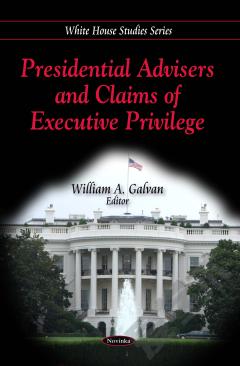
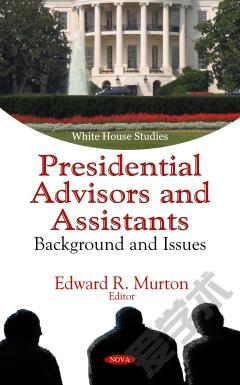
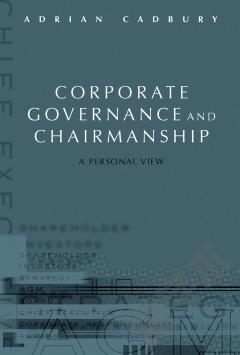
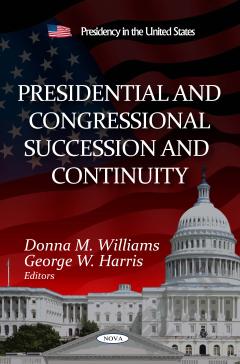

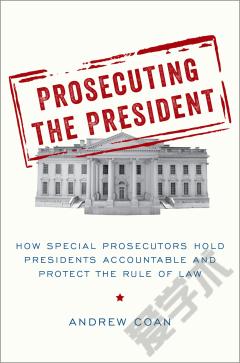


 京公网安备 11010802027623号
京公网安备 11010802027623号